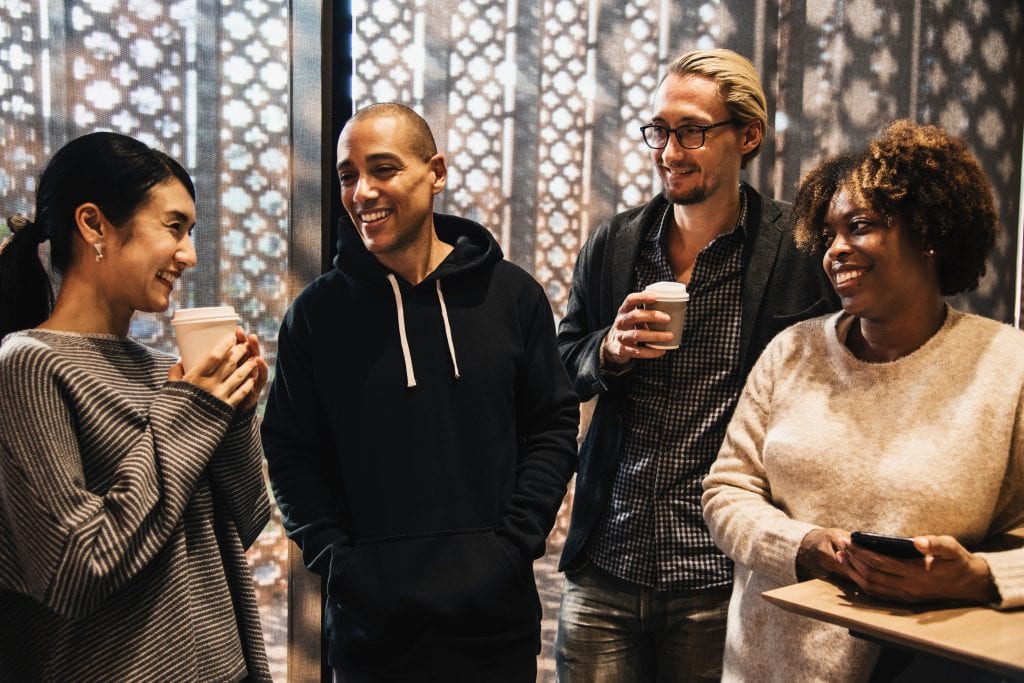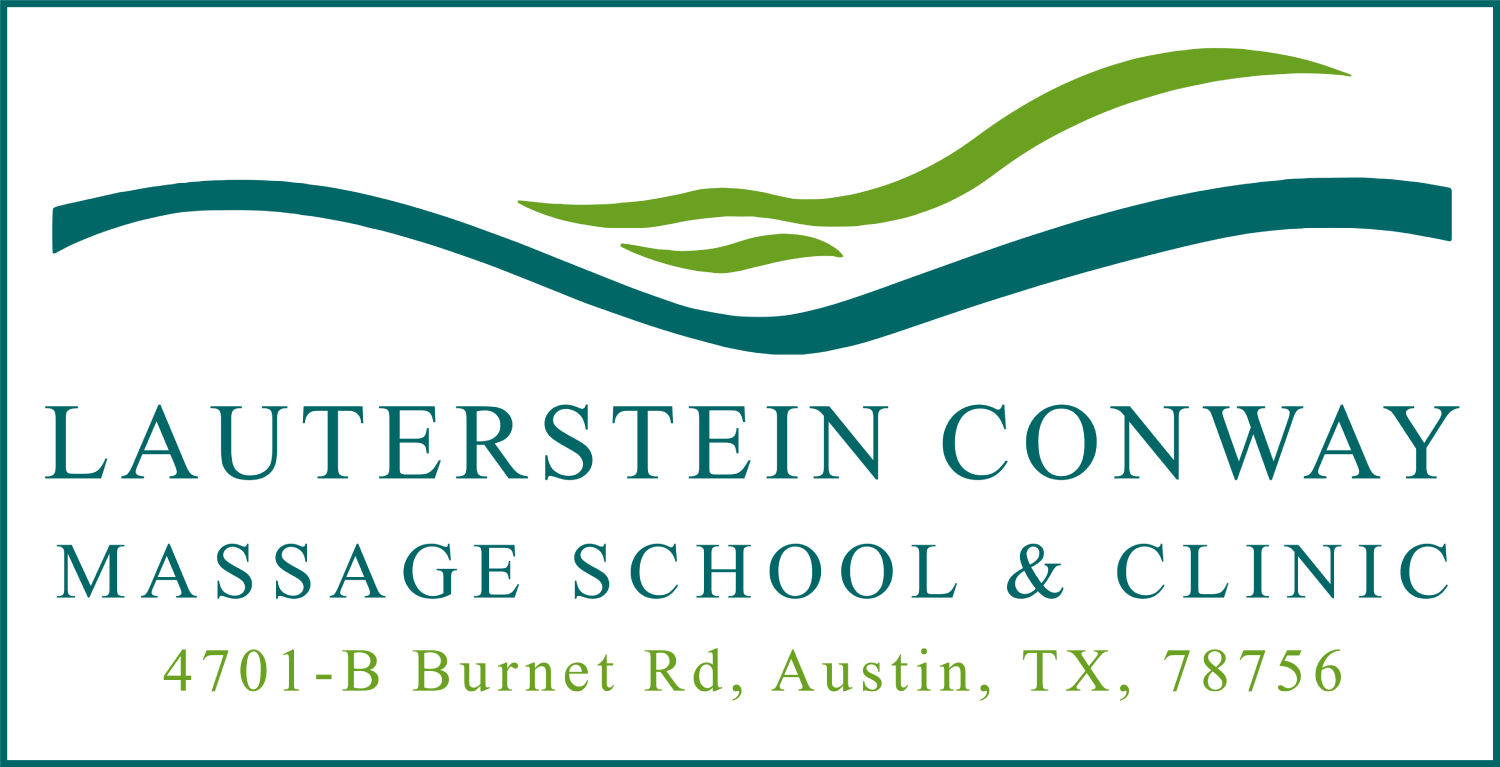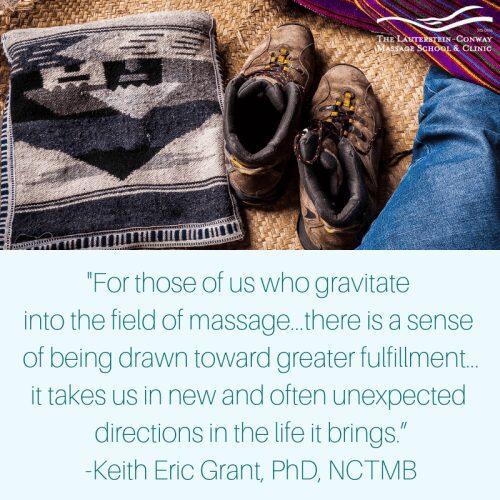Superb writing from Keith Eric Grant, reprinted here with the author’s permission, that discusses some of the many advantages and benefits of a career in massage therapy. Originally published in Massage Today, October, 2001, Vol. 01, Issue 10. -David Lauterstein
The Life It Brings
By Keith Eric Grant, PhD, NCTMB
“Human beings live in bodies and they live in language. When I work with someone, I look to see how and where life has been lived in their bodies, and where life has been denied. I listen to how they live the stories they tell themselves, or how they live in a gap between their stories and their actions. I look at how they have allowed their energy to express aliveness and where they are rigid and lifeless. I listen to the stories they tell about their life and I listen to how these stories live in their body. I’m interested in how they’ve shaped themselves around their stories and how this shaping brings them satisfaction or despair.”
– Richard Strozzi Heckler
Transition, Balance and Community
Several weeks ago, the Caledonian Club of San Francisco held their 136th Annual Scottish Gathering and Games. For my fellow Scottish country dancers and me, this was an opportunity to come together under the shade of the oak trees in a celebration of music, movement and community. The smooth progression of harpists, fiddlers, and dancers moving onto and off the outdoor stages underplayed the many hours of cooperative effort behind it all – time and effort motivated and rewarded by “the obvious excellences of the life it brings.”
It is the joys of common purpose and creative sanctuary that draw people into, and maintains them within these co-created micro-cultures of endeavor. For those who enter into the pursuit of massage, I believe there are similar workings at hand.
Teaching in a massage program oriented toward those making career transitions, I continue to marvel at the diverse backgrounds from which students enter the practice of massage. They come from finance, technical domains, and from more constrained areas of health care. One of my favorite transitions was that of two women who moved their partnership into massage after 15 years of hanging wallpaper together. Each entering person must find his or her own niche, but together, they share the commonality of a great leap from the point at which they started.
As one student put it, “I came over from the dark side”.
Joys and Challenges
“The joy of our work is the escape from rigidity in our techniques in order to express our creativity and intuition in a constant interplay with the client.”
– Art Riggs
If I had to choose just two words to describe the draw of massage, I would choose flexibility and connection. For many, there is the attraction and choice of running a sole-proprietor business. In this setting, one can determine one’s own hours and setting of practice, a sharp contrast to the dictates of corporate life. There has also been, particularly in unlicensed states, the flexibility of incremental learning; being able to make a positive difference with minimum latent time, and continuing to learn to become even more effective – a step predicated on the real-world experience gained in early practice.

Within the profession of massage, there still is room for improvisation and spontaneity. Massage is still a venue in which protocols have not become static, and in which the time spent with clients is negotiated rather than mandated. With our attention and awareness in the moment, rather than limited to a prewritten score, massage practice allows room to playfully adapt to the individual needs of our clients without losing hold of our focus and intent.
“To play is to free ourselves from arbitrary restrictions and expand our field of action. Our play fosters richness of response and adaptive flexibility. This is the evolutionary value of play – play makes us flexible. By reinterpreting reality and begetting novelty, we keep from becoming rigid. Play enables us to rearrange our capacities and our very identity so that they can be used in unforeseen ways. … A creature that plays is more readily adaptable to changing contexts and conditions. Play as free improvisation sharpens our capacity to deal with a changing world.”
– Stephen Nachmanovitch
Practicing massage also brings the joys of personal contact and nurturing, making a difference to clients’ quality of life, and the enjoying the pleasures of learning with like-minded colleagues. It often elicits the sense of coming home to work: a moving meditation.
With the flexibility and connections of massage also arise the challenges. Entering the practice of massage, we often need to look first in the mirror of our own body-oriented issues, to avoid projecting our unresolved apprehensions upon our clients. We must work to remain conscious of our interpersonal boundaries, and clear in our intent and choice of acting to the ultimate good of our clients.
Because our bodies become the tools of our craft, we must time and again remind ourselves to practice good biomechanics. We must acknowledge the need for private time and private space to recenter or the balance of mingling in and enjoying a rowdier crowd, free from the demands of particular responsibility. Finally, if we are to thrive economically, we must possess or develop both communications skills and trade skill.8 -the almost kinesthetic knack of running a business.
For those of us who gravitate into the field of massage, I think there is a sense of being drawn toward greater fulfillment. Whether it’s the sense of “coming home,” trying to take within ourselves the essence of sensory experience, or the need to start a new life/learning stage, it takes us in new and often unexpected directions in the life it brings.
Notes & References
Richard Strozzi Heckler, 1997: Holding the Center – Sanctuary in a Time of Confusion, Frog Ltd., Berkeley, CA, ISBN 1-8833-1954-4, p. xvi.
Harper’s Hall (www.harpershall.com).
San Francisco Scottish Fiddlers (www.sfscottishfiddlers.org).
Royal Scottish Country Dance Society, San Francisco Branch (www.rscds-sf.org).
This wonderfully descriptive phrase was included in a letter from Robert Oppenheimer to his younger brother Frank in 1934 on the benefits of pursuing a life in physics. See Jeremy Bernstein, The Life It Brings – One Physicist’s Beginnings, Tichnor & Fields, New York, ISBN 0?8919?470?2, p. xv.
Art Riggs, (in press): Deep Tissue Massage -A Visual Guide to Technique, North Atlantic Books, Berkeley, CA.
Stephen Nachmanovitch, 1990: Free Play – The Power of Improvisation in Life and the Arts, Jeremy P. Tarcher Inc., Los Angeles, ISBN 0-8747-7631-7. (Also see www.freeplay.com).
Claude Whitmyer and Salli Rasberry, 1994: Running a One-Person Business, Ten Speed Press, Berkeley, CA, ISBN 0-89815-598-3.

